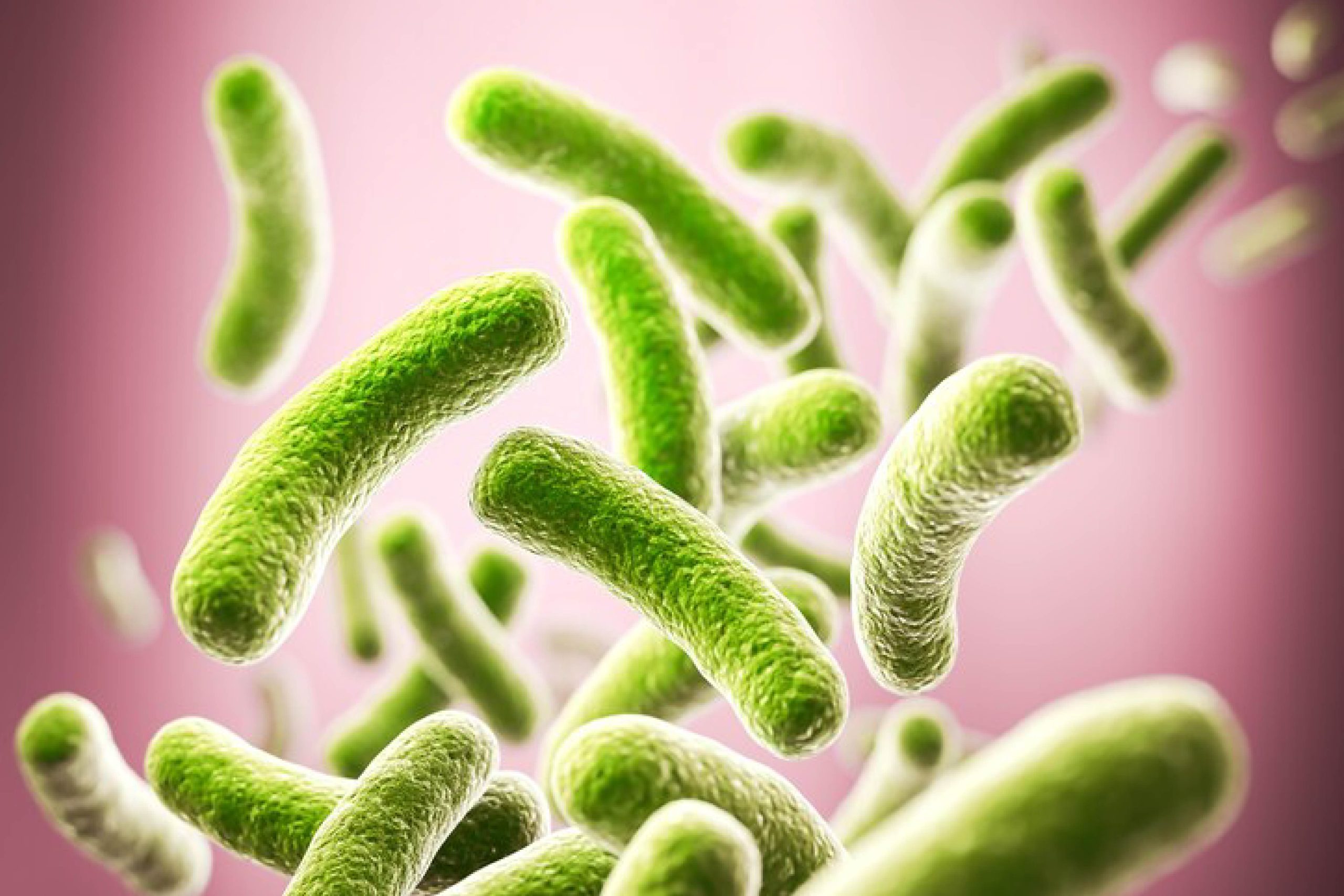Cholera

Overview
Cholera is an acute diarrheal illness caused by the bacterium Vibrio cholerae. The disease is characterized by sudden onset of watery diarrhea, often described as “rice water” due to its appearance, along with vomiting and dehydration. Cholera can lead to severe dehydration and electrolyte imbalances, which can be fatal if left untreated.
The bacteria that causes cholera is typically spread through contaminated food or water, and is more common in areas with poor sanitation and inadequate access to clean water. In some cases, cholera outbreaks can occur and spread rapidly, particularly in crowded and unsanitary living conditions.
Symptoms
The symptoms of cholera can vary in severity, but commonly include:
- Sudden onset of profuse, watery diarrhea that may be described as “rice water”
- Vomiting
- Muscle cramps and weakness
- Rapid heartbeat and low blood pressure
- Dehydration
- Dry mouth and throat
- Sunken eyes
- Dry, cool skin
- Confusion and irritability
Symptoms typically appear within a few days after exposure to the bacteria, although some individuals may show no symptoms or only mild symptoms. In severe cases, cholera can lead to rapid dehydration and electrolyte imbalances, which can be life-threatening if left untreated. If you develop any of these symptoms, it is important to seek medical attention immediately.
Treatments
The treatment for cholera primarily involves rehydration therapy to replace the fluids and electrolytes lost through diarrhea and vomiting. This can be accomplished through oral rehydration therapy (ORT), which involves drinking a solution of water, salts, and sugar, or through intravenous fluids in more severe cases.
In addition to rehydration therapy, antibiotics may be used to shorten the duration and severity of the illness, although they are not a substitute for rehydration. Some commonly used antibiotics include doxycycline, azithromycin, and ciprofloxacin.
Other supportive measures may include rest, maintaining good hygiene practices to prevent the spread of the bacteria to others, and monitoring for signs of dehydration and electrolyte imbalances.
Prevention measures for cholera include ensuring access to clean water and proper sanitation, as well as avoiding contaminated food and water sources. Vaccines are also available for individuals at high risk of cholera, although they may not be widely available in all areas.
Cholera is an acute diarrheal illness caused by the bacterium Vibrio cholerae.
- diarrhea
- vomiting
- dehydration
- abdominal pain
- fever





